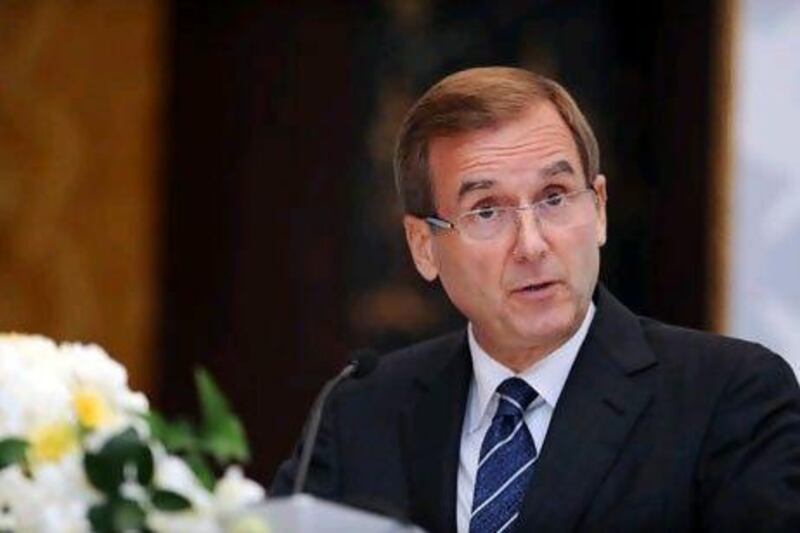The Dubai Financial Services Authority (DFSA) has closed a loophole that allowed the advertising of unlicensed services.
Under the new rules, financial services can be promoted in or from the Dubai International Financial Centre (DIFC) only by companies regulated by the DFSA or another UAE federal authority.
While previously the DFSA policed the offering of all financial services in the DIFC, a loophole meant the communications used to market products were unregulated.
"Our new and enhanced legislation provides greater protection for investors and potential investors against misleading promotions, especially those coming into the DIFC from outside," said Paul Koster, the chief executive of the DFSA.
Amendments to existing legislation followed a consultation with members of the financial services sector and will come into effect on April 28.
"The new legislation provides the DFSA with a greater degree of regulatory oversight and control over who may conduct financial promotions in or from the DIFC, and in particular oversight of the standards which such promotions must meet with respect to retail investors," the regulator said in a statement.
The new rules, inspired by similar regulations adopted by the UK Financial Services Authority, are intended to provide UAE investors an assurance that they will not be sold unregulated products.
"The reason is to provide some certainty and clarity," said Graham Lovett, the Gulf managing partner of the international law firm Clifford Chance.
"Under the old regime, there was some uncertainty whether the carrying on of promotions or marketing activities would be in breach of DFSA licensing requirements."
In instances where an agreement for financial services violates the new regime, that agreement would not be enforceable in law, Mr Lovett said.
The regulations are expected to limit the possibility of "boiler room" scams, in which groups of traders place telephone calls to individuals and dishonestly entice them to buy worthless investments.
"It transpires that there was a gap in their regulatory armour," said George Belcher, an associate in Abu Dhabi at the international law firm Dewey & LeBoeuf.
"It was already illegal to perform a financial service without necessary authorisation, but it wasn't illegal to make a statement with a view to inducing someone to enter into an unauthorised transaction."
ghunter@thenational.ae
DFSA moves against financial scams
The Dubai Financial Services Authority brings in new rules to prevent mis-selling of unregulated financial products.

Editor's picks
More from the national





